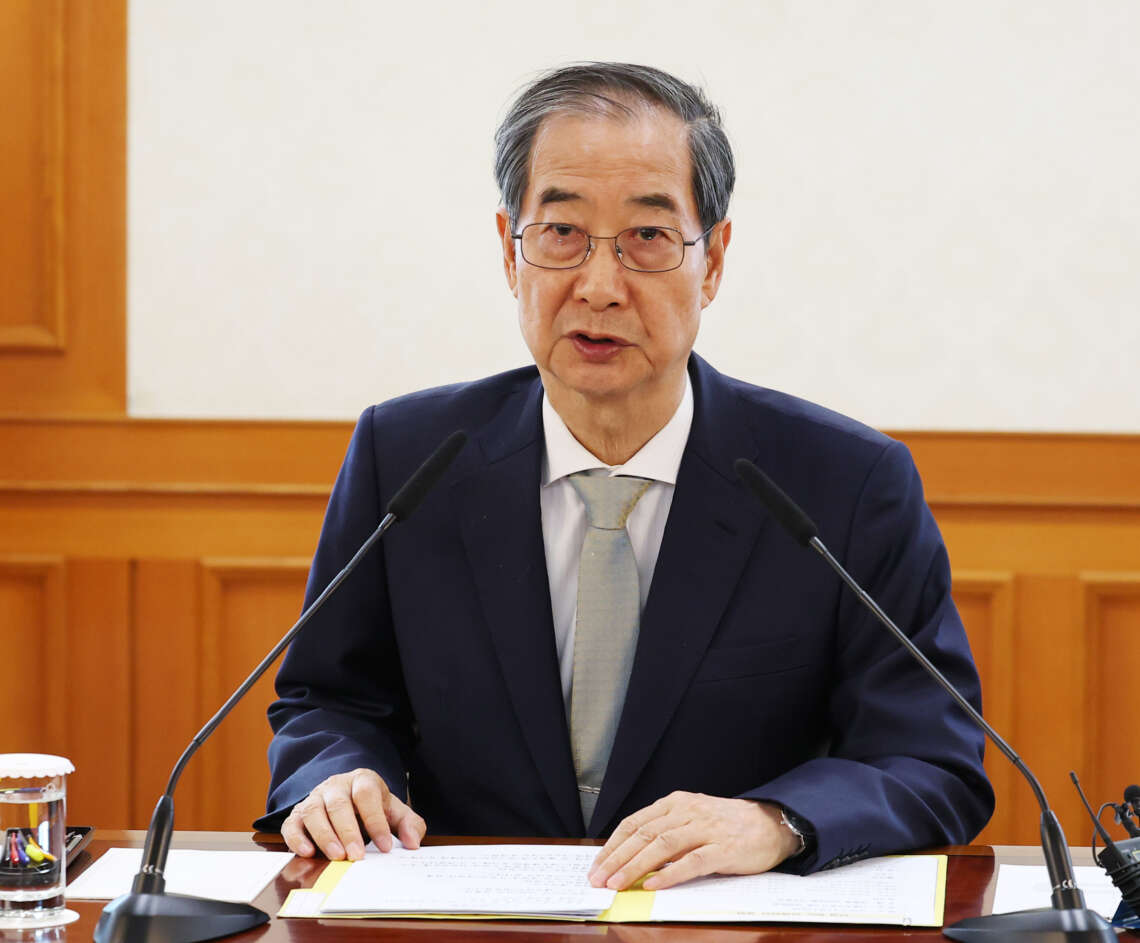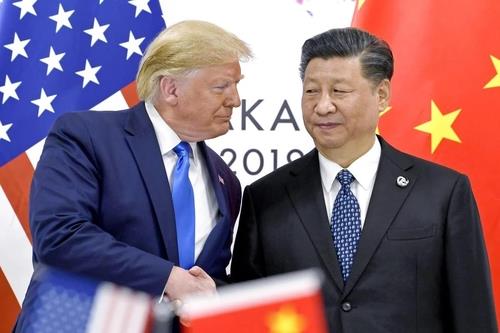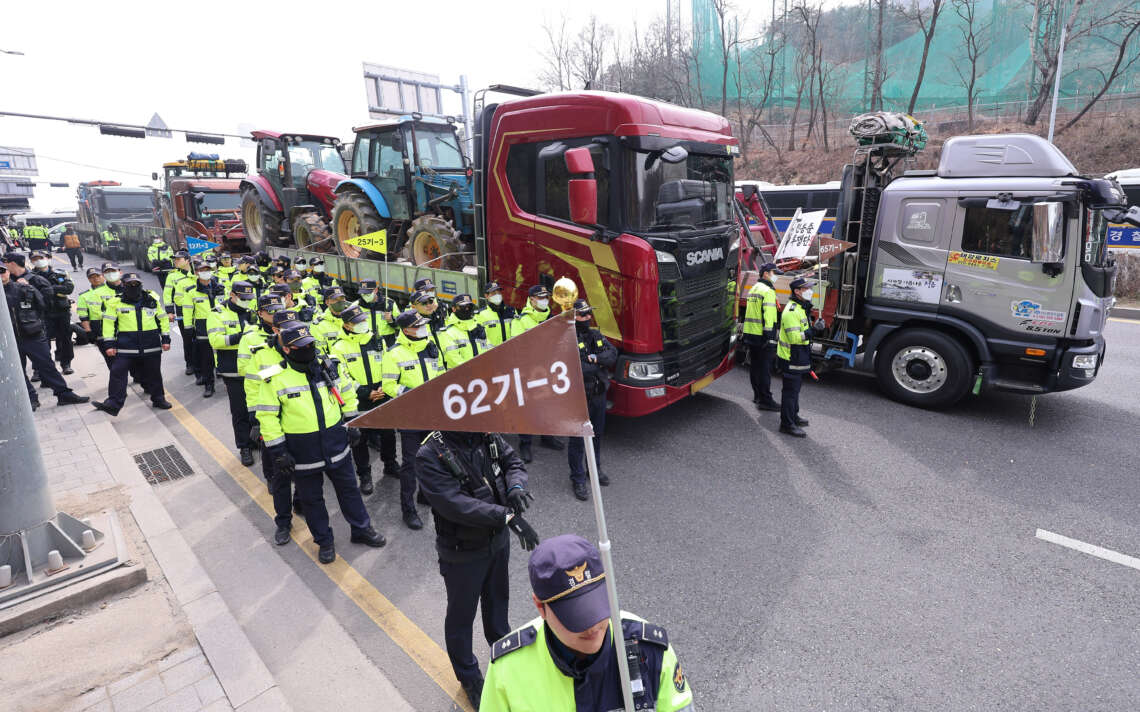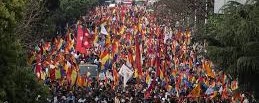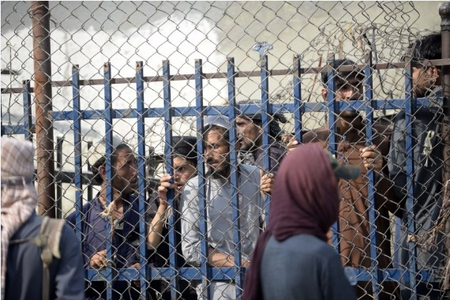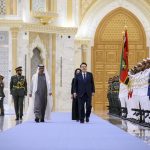South Korea will hold a presidential election on June 3, the government confirmed on Tuesday, setting the stage for a new leadership following the impeachment and removal of former President Yoon Suk Yeol. The date was finalised during a Cabinet meeting just four days after the Constitutional Court upheld Yoon’s impeachment, a landmark ruling that has reshaped the country’s political landscape.
Yoon was ousted after the court found him guilty of overstepping constitutional limits by declaring martial law on December 3—a move that shocked the nation and intensified South Korea’s ongoing political divisions. His removal marks the second time in the country’s democratic history that a sitting President has been formally impeached and dismissed.
Under South Korean law, a presidential election must be held within 60 days of a vacancy in office. Accordingly, the Ministry of the Interior and Safety has also declared June 3 a temporary public holiday to accommodate the national vote.
The National Election Commission has already begun early preparations, with candidate registrations opening last week. The deadline for official registration is May 11, and the campaign period will begin the following day on May 12. Civil servants intending to contest the election must resign from their posts by May 4, in line with electoral rules.
The winner of the June 3 presidential vote will assume office immediately after results are confirmed, bypassing the traditional transition period. This procedure mirrors the 2017 election, which was held exactly 60 days after then-President Park Geun-hye was impeached over a high-profile corruption scandal.
Yoon’s downfall has stirred strong reactions across the political spectrum. Known for his meteoric rise from prosecutor to President in just a few years, Yoon was once hailed as a symbol of conservative resurgence. He first gained prominence for leading the investigation into Park Geun-hye’s alleged misconduct, ultimately helping to bring her presidency to an end.
Appointed as South Korea’s top prosecutor in 2019 by then-President Moon Jae-in, Yoon became a divisive figure, particularly after clashing with the Moon administration over investigations into the family of former Justice Minister Cho Kuk. Yoon resigned in 2021 and successfully ran for President the following year as the candidate for the People Power Party, securing a narrow victory.
However, his presidency was anything but smooth. Yoon faced frequent gridlock with a National Assembly dominated by the opposition Democratic Party (DP). Over the course of his shortened term, he vetoed 25 Bills passed by the Assembly, often clashing publicly with lawmakers.
The tension came to a head in December when Yoon announced martial law amid a flurry of opposition-led impeachment motions targeting senior officials. His decision was widely criticised as an authoritarian overreach and ultimately led to his impeachment and removal by the Constitutional Court.
Prime Minister Han Duck-soo will continue to serve as acting President until a new leader is elected. Meanwhile, political parties are preparing for a short but intense campaign season that promises to reshape the direction of South Korea’s future.
The June 3 election will not only determine who succeeds Yoon but also serve as a test of public sentiment after months of political turmoil and constitutional drama. With voter confidence shaken and institutional trust under scrutiny, the upcoming race is poised to be one of the most closely watched in recent South Korean history.


